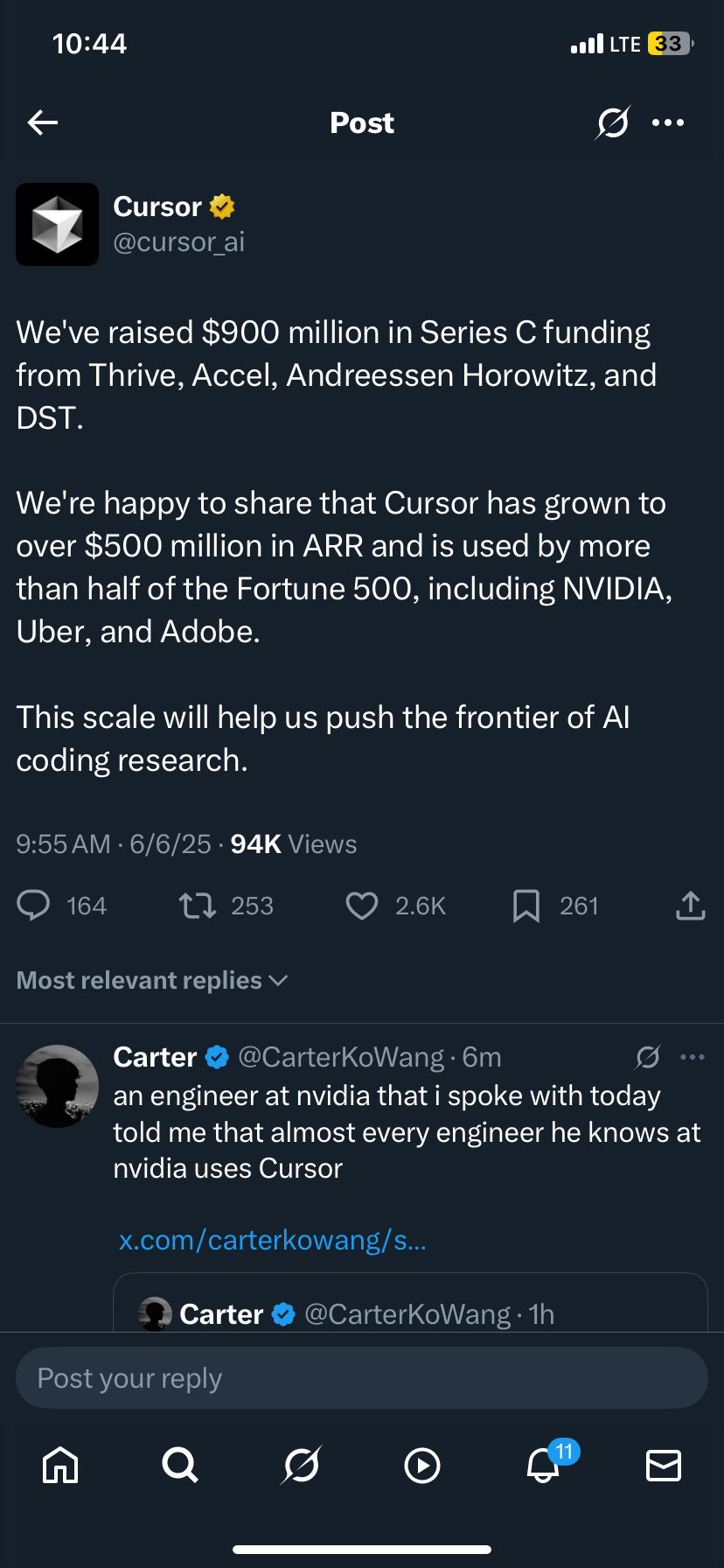There is a Republican split in congress. Republicans can only pass bills when they are unified.
A split Republican Party means gridlock with no bills passing. There were some senators and some in the house who were wanting to go hardcore on the deficit. This also would mean no bills passed to harm Elon. It also means the no bill passage route means the 2017 tax cuts expire. No new tax cuts. No new military spending. Actually get the deficit down to about $1 trillion per year. The Deficit hawks negotiate from the default no bills as a baseline.
About 10-15 Republican senators align with this deficit-hawk philosophy. However, not all of them may oppose this specific bill if it includes provisions they support or if party pressure sways them. For now, let’s consider this range as the potential pool of like-minded senators.
Party leadership might pressure some senators to support the bill, reducing defections. Let’s adjust:
Suppose only 5 deficit hawks (e.g., Rand Paul, Mike Lee, and a few others) hold firm, and Musk sways 2 more, totaling 7 opposed.
Then, 51 – 7 = 44 Republicans for, with 49 Democrats against, plus 7 Republicans against = 56 against. The vote becomes 44-56, still failing.
A split likely prevents the current bill from passing. A vote of 47-53 reflects a plausible scenario where a handful of deficit hawks (like Rand Paul) and Musk-influenced senators defect, leaving Republicans short of the 50 votes needed.
The leadership might then:
Negotiate: Modify the bill with spending cuts or other concessions to win back deficit hawks.
Push Forward: Risk a failed vote to force party unity, though this seems unlikely to succeed.
Abandon: Shelve the bill if opposition grows, especially with Musk amplifying public dissent.
Given the “deficit-increasing” nature and Musk’s opposition, the bill’s fate hinges on Republican unity. With significant resistance, it’s unlikely to muster 50 votes without changes. Thus, it fails initially, prompting revisions or a strategic retreat by the party.

Brian Wang is a Futurist Thought Leader and a popular Science blogger with 1 million readers per month. His blog Nextbigfuture.com is ranked #1 Science News Blog. It covers many disruptive technology and trends including Space, Robotics, Artificial Intelligence, Medicine, Anti-aging Biotechnology, and Nanotechnology.
Known for identifying cutting edge technologies, he is currently a Co-Founder of a startup and fundraiser for high potential early-stage companies. He is the Head of Research for Allocations for deep technology investments and an Angel Investor at Space Angels.
A frequent speaker at corporations, he has been a TEDx speaker, a Singularity University speaker and guest at numerous interviews for radio and podcasts. He is open to public speaking and advising engagements.





















